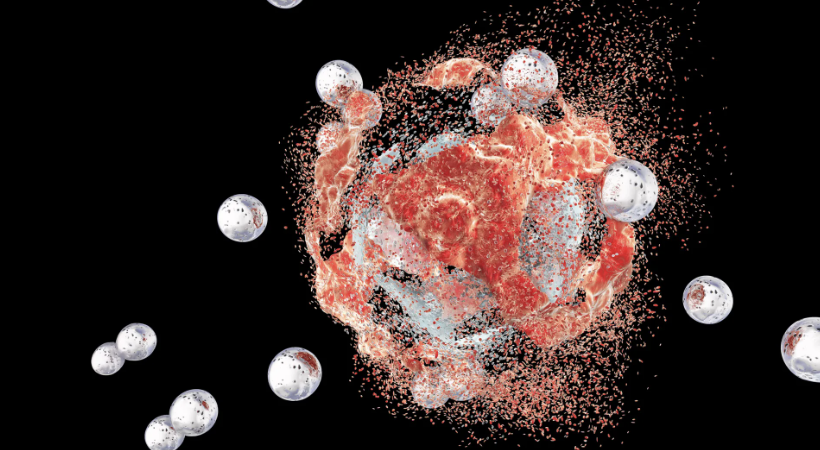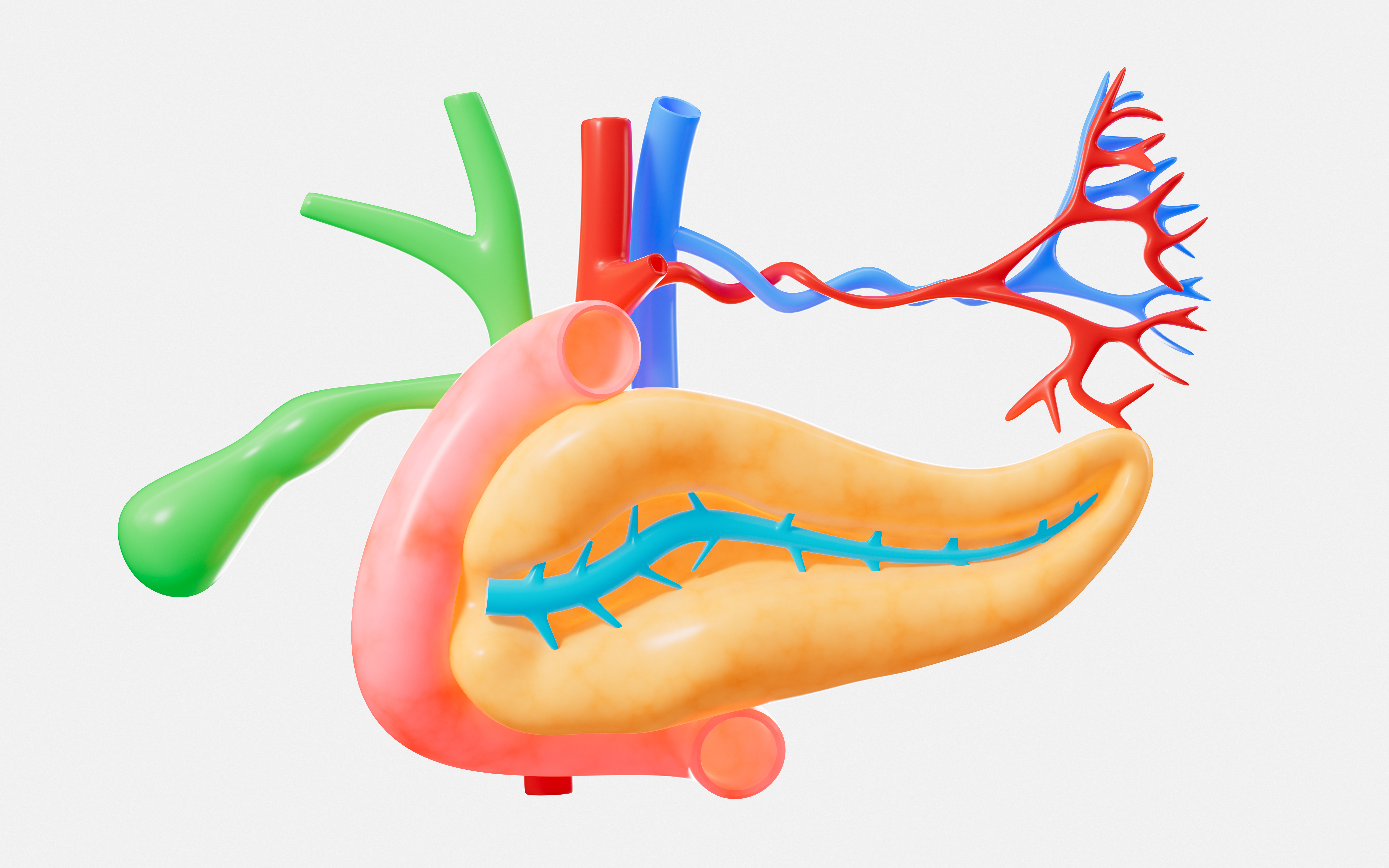Inside tumors, scientists have found unexpected allies – bacteria that may help fight cancer. A new study from the MRC Laboratory of Medical Sciences, Imperial College London, and the University of Cologne, published in Cell Systems (September 2025), shows that certain bacteria living within colorectal tumors can make chemotherapy more effective.
These microbes produce a molecule called 2-methylisocitrate (2-MiCit) that damages cancer cell DNA, disrupts metabolism, and boosts the effects of the chemotherapy drug 5-fluorouracil (5-FU). In worms, flies, and human cancer cells, 2-MiCit made tumors more vulnerable – sometimes even extending survival in animal models. “We’ve known that bacteria are associated with tumors, and now we’re starting to understand the chemical conversation they’re having with cancer cells,” said Professor Filipe Cabreiro, head of the Host-Microbe Co-Metabolism group at LMS and group leader at the University of Cologne. “We found that one of these bacterial chemicals can act as a powerful partner for chemotherapy, disrupting the metabolism of cancer cells and making them more vulnerable to the drug.”

Scientists identified a bacterial molecule, 2-MiCit, that enhances chemotherapy by attacking cancer cell metabolism. The finding could lead to powerful new treatments derived from our own tumor-dwelling microbes. Credit: Shutterstock, ScienceDaily
2-MiCit works by blocking a mitochondrial enzyme crucial for cell metabolism, triggering DNA damage and energy stress that leave cancer cells exposed. When scientists engineered a synthetic version of the molecule, it became even more potent – showing how nature’s chemistry can inspire new drugs. As Dr. Daniel Martinez-Martinez, the study’s first author, put it: “Microbes are an essential part of us. That a single molecule can exert such a profound impact on cancer progression is truly remarkable, and another piece of evidence on how complex biology can be when considering it from a holistic point of view. It is really exciting because we are only scratching the surface of what is really happening.”
This discovery reframes the tumor as more than just human cells – it’s a living ecosystem. By understanding the microbial players within, researchers hope to design more personalized, powerful therapies that let nature lend a hand in the fight against cancer.
Research article: Medical Research Council (MRC) Laboratory of Medical Sciences. “Bacteria hidden inside tumors could help beat cancer.” ScienceDaily. ScienceDaily, 7 October 2025.
Lambda Biologics’ Oncology Solutions: Patient-derived cancer organoid-based drug evaluation service
Gastric Cancer Organoid | Breast Cancer Organoid | Hepatocarcinoma Cancer Organoid | Pancreatic Cancer Organoid



